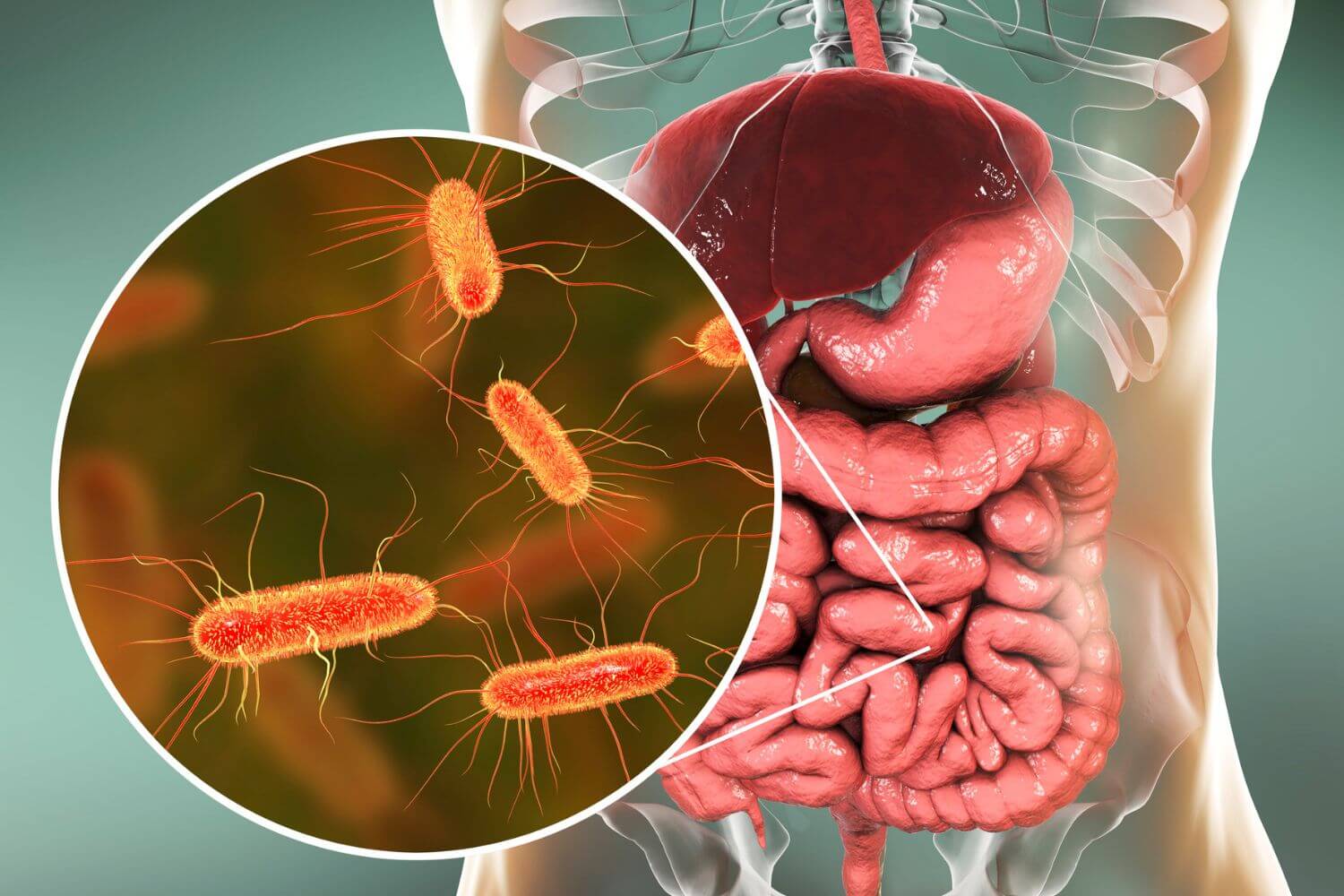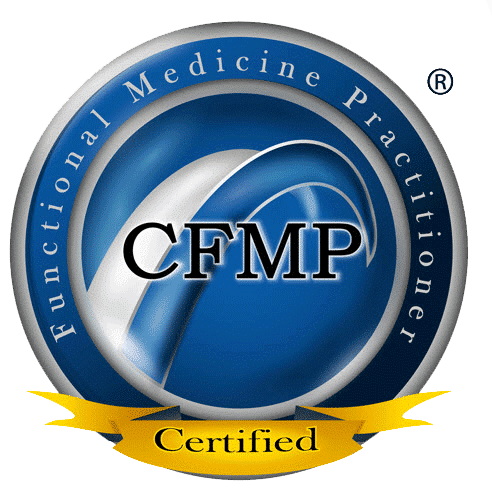I’d learned about Celiac Disease (Sprue), Crohn’s disease, and Irritable bowel syndrome in college, while training to be a practitioner of oriental medicine. I knew that some dietary restrictions were deemed necessary in keeping the digestion “normalized”, but I wasn’t aware of gluten being such a major player!
I also learned that with Oriental Medicine, the use of herbs and acupuncture, could have profound effect on many of these digestive issues, but that diet and lifestyle would still play the most important role.
In fact, most conditions that people seek treatment would benefit, if not be resolved, if diet and lifestyle were taken into account and changed for the better. This is actually the first thing that Oriental Medicine has focused on historically.
It’s more difficult to get great results with a patient, if they’re unwilling to make dietary changes, when their diet is the main culprit.
I’ll try not to sound like a broken record on that topic. My first blog already mentioned some key factors with Mind, Body, and Spirit, in regards to Anti-aging. (Please read it, if you haven’t yet.)
But, anti-aging is all about trying to keep “the clock” from moving so fast, if not taking it back a few turns. But, back to the topic at hand…. Gluten sensitivity.
So, what is Gluten?
According to Wikipedia it’s:
“A substance present in cereal grains, esp. wheat, that is responsible for the elastic texture of dough”. Also, “A protein composite found in foods processed from wheat and related grain species, including barley, rye, triticale, spelt and oats. Technically though, all “grains” have gluten. They’re different types for each grain. Gliadin is the gluten that appears to be the main factor with sensitivities and those with celiac problems.
Why would gluten be bad for you?
It might not be. There are ways to test to see if you have a genetic issue with it. The thing to note is that it doesn’t always cause digestive symptoms when it’s a problem.
There is evidence that it can cause inflammatory processes which can lead to attack on other systems of the body, i.e., glands, tissues, organs and even the brain.
Also, the biggest negative effect, that the changed gluten structure has, is ….Neurological!!
One reason that I focused on this topic though, is due to what I’ve learned about the thyroid and how it can be affected by gluten.
The thyroid gland is a small, but important gland, located in the neck, and helps with so many important processes in the body. When it’s not functioning well it can effect: metabolism, body temperature, fertility, cholesterol levels, protein metabolism, bone metabolism, energy levels, sleep, and even be related to anemia.
According to Datis Kharrazian, in the book, “Why do I still have Thyroid symptoms? When my lab tests are Normal”, there are numerous studies showing a link between gluten intolerance and Hashimoto’s Thyroiditis.
Hashimoto’s is an auto immune issue where the thyroid gland is under attack. Often times it’s under diagnosed due to lack of specific, and more thorough, thyroid panel testing. Symptoms can alternate between a hyperthyroid state, where there are symptoms of: insomnia, fast heartbeat, feeling very warm, palpitations, etc. Whereas other times, it can be in a hypothyroid state with symptoms of: a slower heart rate, fatigue, feeling cold, constipation, etc. Both hyper and hypo thyroid also can have hair loss.
Getting enough of the correct testing done is very important, if you’re having thyroid symptoms. There could be other glandular problems causing similar symptoms, so with proper testing you’ll know better what needs balancing.
Correct testing would mean, besides TSH and T4 levels being checked, (the only ones that many will do in a thyroid panel) also having: T3, reverse T3, T3uptake, TPO antibodies, and Thyroid stimulating antibodies. If you do have Hashimoto’s Disease, then avoiding gluten (as well as dairy and soy) is very important.
“Studies from different countries have shown a strong link between Hashimoto’s disease and gluten intolerance. Because the molecular structure of gluten so closely resembles that of the thyroid gland, the problem may be one of mistaken identity.” Datis Kharrazian
Some people might be concerned that they’d be too limited food-wise, by not having bread or some of these grains. However, with the growing concern and understanding, of how many are effected by gluten sensitivities, there is an ever growing market of gluten-free products available. If not in your health food store, many foods can be ordered on-line and sent to your home.
There’s nothing better than finding out why you feel poorly, and then being able to do something about it yourself.
It really puts the power back in your own hands.
There are so many wonderful fruits, veggies, meats, fish, seeds, nuts and legumes available, as well as rice and quinoa, even buckwheat. You won’t run out of food options. The internet also has lots of gluten free recipes if you need more variety and ideas.
If you use gluten free products, I’d read ingredient labels, as not all are created equal. Many of the gluten-free foods contain corn, and if you’re sensitive to it, you can still have problems.
If you’re not sure which foods may bother you, I offer a panel on food testing.
If you’d like more information on how I can help, please contact me @ 619-342-8018.










